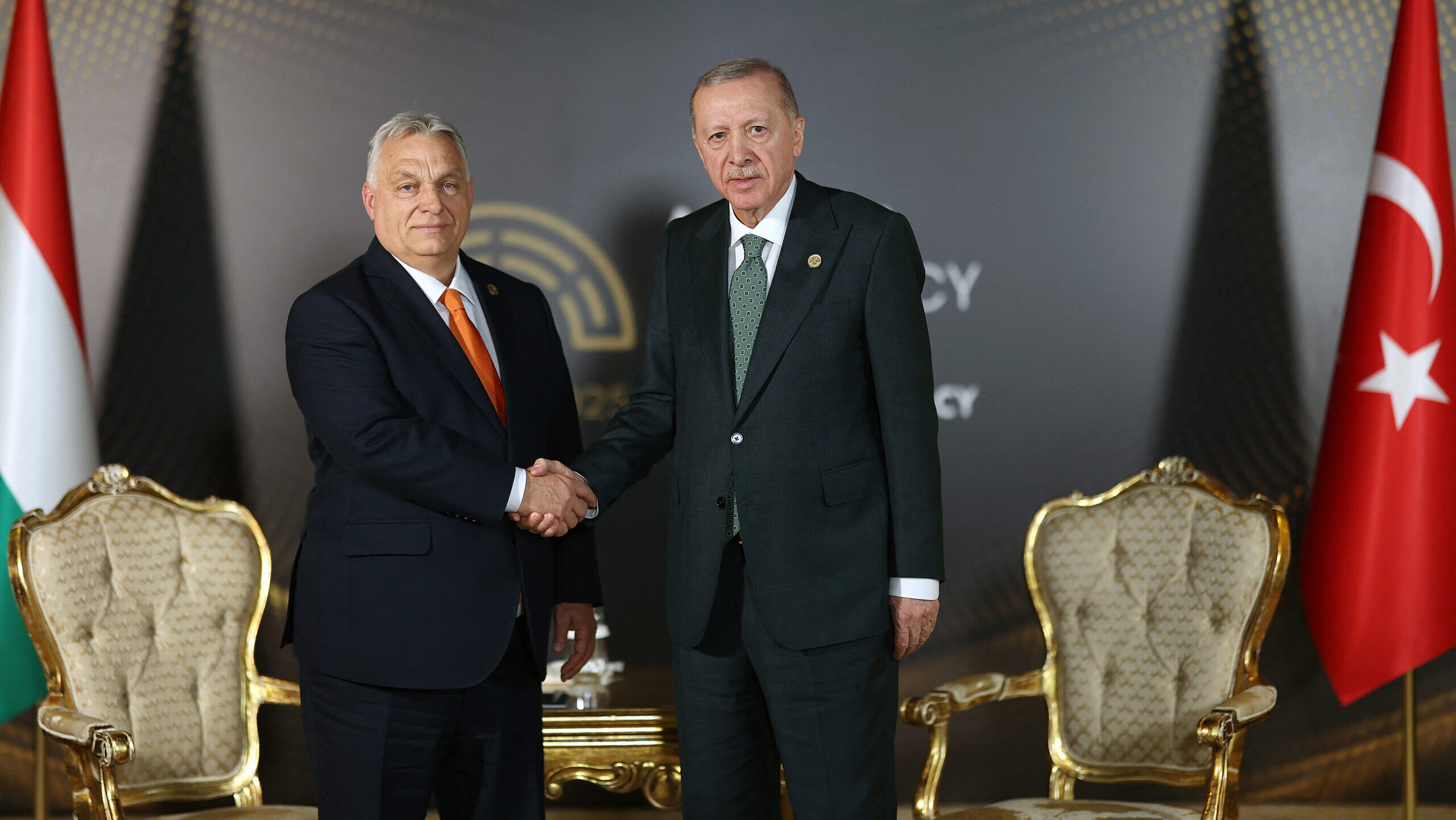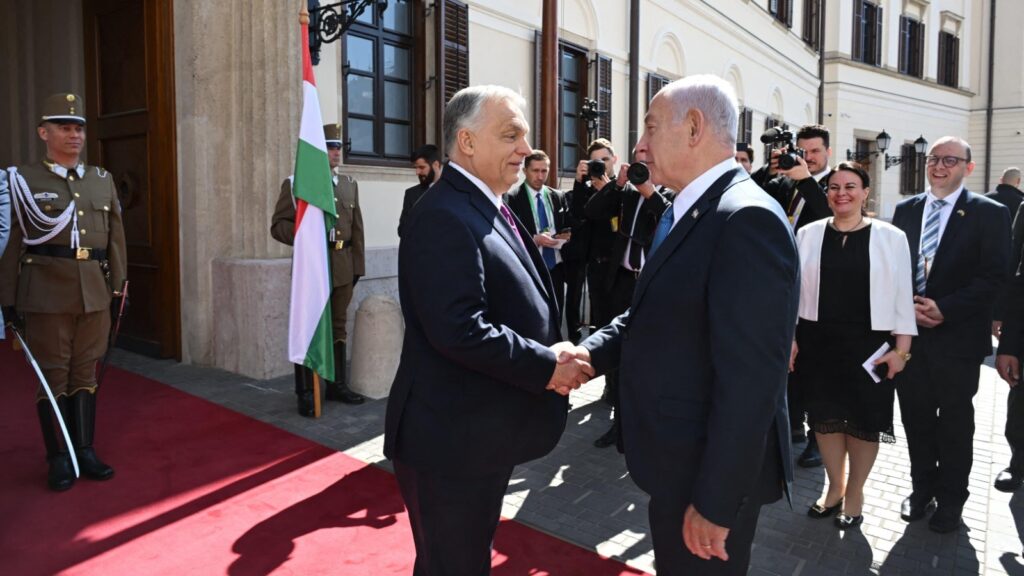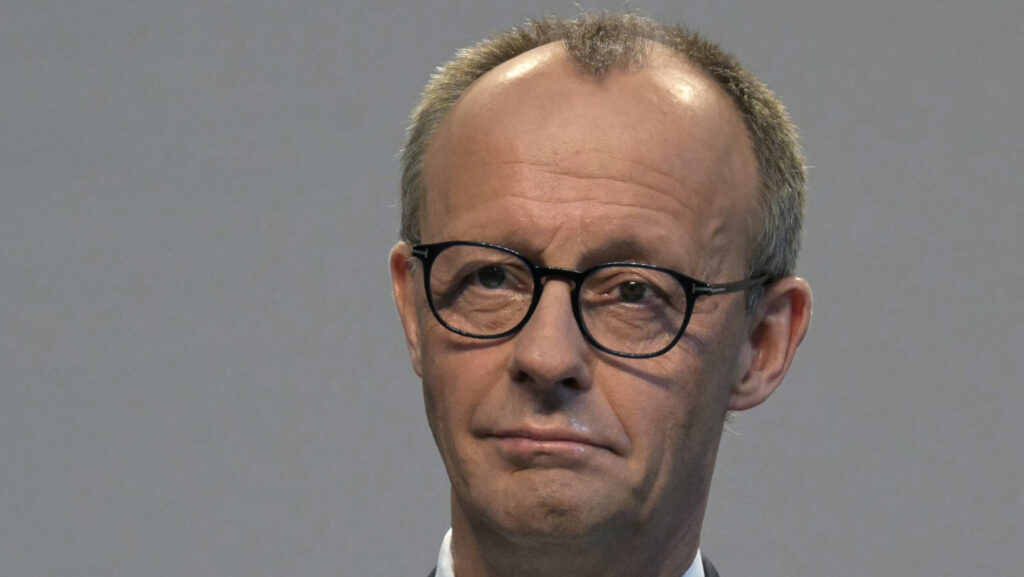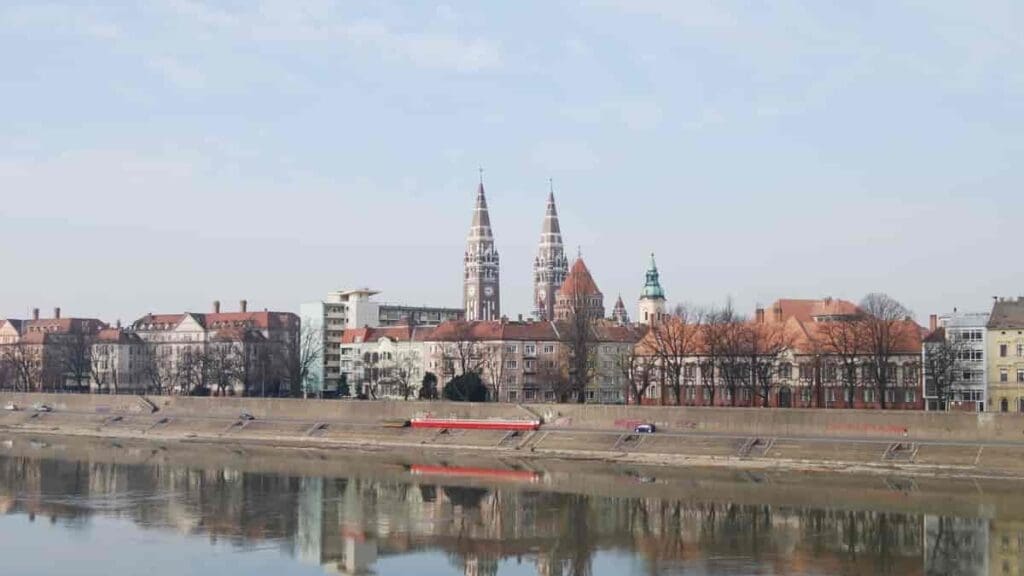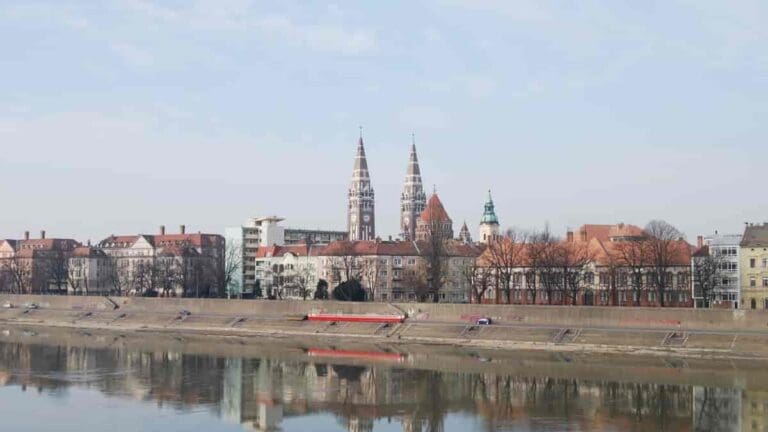Hungarian Prime Minister Viktor Orbán travelled to Türkiye on Friday to participate in the Antalya Diplomacy Forum (ADF), at the invitation of Turkish President Recep Tayyip Erdoğan. According to the Prime Minister’s Press Office, Orbán is scheduled to hold several bilateral meetings with heads of state and government attending the forum.
The Antalya Diplomacy Forum, held annually in Türkiye since 2021, serves as a platform for dialogue among global leaders, diplomats, academics, and civil society representatives. It aims to address pressing international challenges through diplomacy. The 2025 edition, taking place from 11 to 13 April, is centred around the theme ‘Reclaiming Diplomacy in a Fragmented World,’ reflecting the urgent need for cooperative solutions amid rising geopolitical tensions, climate crises, and technological disruptions.
In addition to Orbán, Hungarian Minister of Foreign Affairs and Trade Péter Szijjártó was also invited to the ADF and has already taken part in a panel discussion. During his remarks, he criticized the European Union’s lack of preparedness in response to US President Donald Trump’s recently announced reciprocal tariffs—later suspended for a 90-day negotiating interval. According to Szijjártó, Brussels failed to engage in serious negotiations with Washington and, therefore, could not secure a deal favourable to European citizens. He also noted that US–Hungarian relations are back on track following Trump’s return to office on 20 January and expressed hope that his second presidency will lead to the reopening of diplomatic communication channels between East and West.
Zoltan Kovacs on X (formerly Twitter): “🇪🇺@FM_Szijjarto: The European Commission made many mistakes in recent weeks, this led to the current difficult customs situation. He added the crises of recent years have shown Brussels is incapable of leading the EU in hard times.❗️We have constantly urged the European… pic.twitter.com/8CfKxREv10 / X”
🇪🇺@FM_Szijjarto: The European Commission made many mistakes in recent weeks, this led to the current difficult customs situation. He added the crises of recent years have shown Brussels is incapable of leading the EU in hard times.❗️We have constantly urged the European… pic.twitter.com/8CfKxREv10
Unrest on a Scale Long Unseen
Orbán’s visit to Türkiye comes at a time of heightened domestic political tension in the country led by one of his key regional allies, President Erdoğan. Having held power for more than two decades—first as prime minister from 2003 to 2014 and as president since 2014—Erdoğan has survived a coup attempt and multiple political challenges, yet now faces unrest not seen in the country in years.
The current turmoil escalated dramatically after opposition leader and Istanbul Mayor Ekrem İmamoğlu was detained on 19 March on charges of corruption and alleged ties to terrorism. Many observers view the arrest as a politically motivated move intended to sideline İmamoğlu ahead of the 2028 elections. His detention sparked the largest anti-government demonstrations in over a decade, with protests erupting across major cities, including Istanbul, Ankara, and İzmir. Over 2,000 individuals have been detained, and around 300 are reportedly being held pending trial.
‘Having held power for more than two decades, Erdoğan has survived a coup attempt and multiple political challenges, yet now faces unrest not seen in the country in years’
The Turkish government and President Erdoğan have denied allegations of political motivation, accusing the opposition Republican People’s Party (CHP) of attempting to obstruct the judicial process. Officials have characterized the protests as threats to public order and implemented a range of measures, including restrictions on public gatherings, limited access to social media platforms, and the detention of individuals accused of inciting unrest online.
European Commission President Ursula von der Leyen responded by stating that the Turkish government must uphold the rule of law and democratic principles. Germany’s outgoing Foreign Minister Annalena Baerbock described İmamoğlu’s arrest as a ‘blow to democracy in Türkiye.’ US Secretary of State Marco Rubio also expressed concern over the developments, though, in line with Washington’s America First approach, referred to the situation as an ‘internal judicial matter.’
The Turkish government has rejected international criticism as biased and reiterated its commitment to the rule of law and national security.
Related articles:

